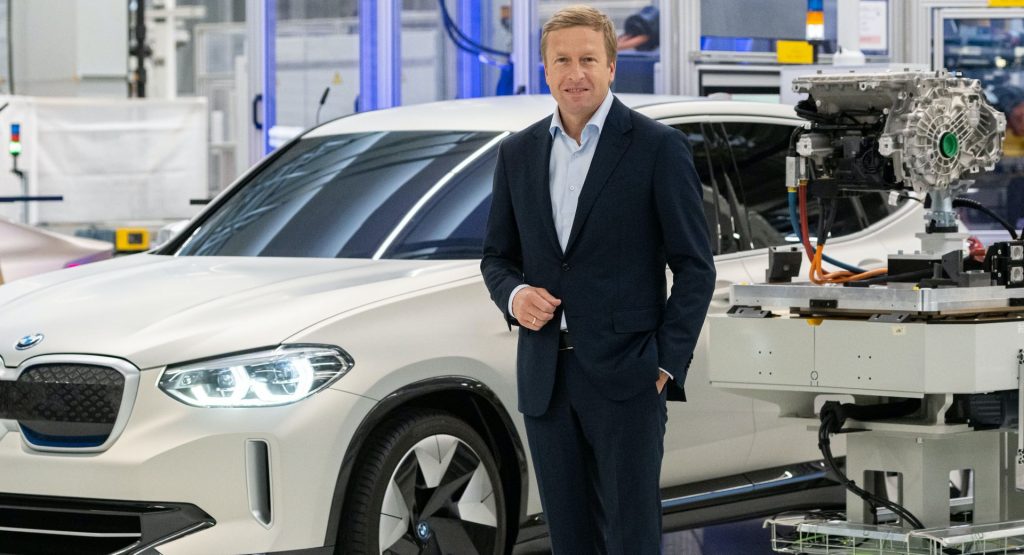
The BMW Group is ramping up production of electric motors, transmissions, power electronics and batteries for electric vehicles at its largest European manufacturing facility in Dingolfing, Germany.
The automaker has opened the Competence Center for E-Drive Production at the plant, which will be able to build 500,000 BMW e-drive units a year from 2022. The Dingolfing factory has produced electric powertrain components for the BMW i3 since 2013, but now its capacity is expanding significantly.
The integrated BMW e-drive combines the electric motor, transmission and power electronics in a central housing. The fifth-generation e-drive will be used for the first time in the new BMW iX3, which will go into production in China in late summer.
See Also: 2021 BMW 4-Series Production Starts Next To Facelifted 5-Series, 6-Series GT

Besides BMW e-drive units, the Competence Center in Dingolfing will make electric powertrain components such as battery modules and high-voltage batteries on eight production lines. Four additional lines will be set up over the coming years, boosting the production capacity significantly.
“We continue to ramp up electromobility and set standards for the transformation of our industry. By 2022, in Dingolfing alone, we will be able to produce e-drives for more than half a million electrified vehicles per year,” Chairman of the Board of Management of BMW AG Oliver Zipse said at the inauguration.
“At the same time, we will produce a mix of fully-electric vehicles, plug-in hybrids and models with a combustion engine on a single line, as required by demand, so we can offer our customers the ‘Power of Choice’. This shows how we have paved the way for making the shift in our industry a real success story,” the executive added.
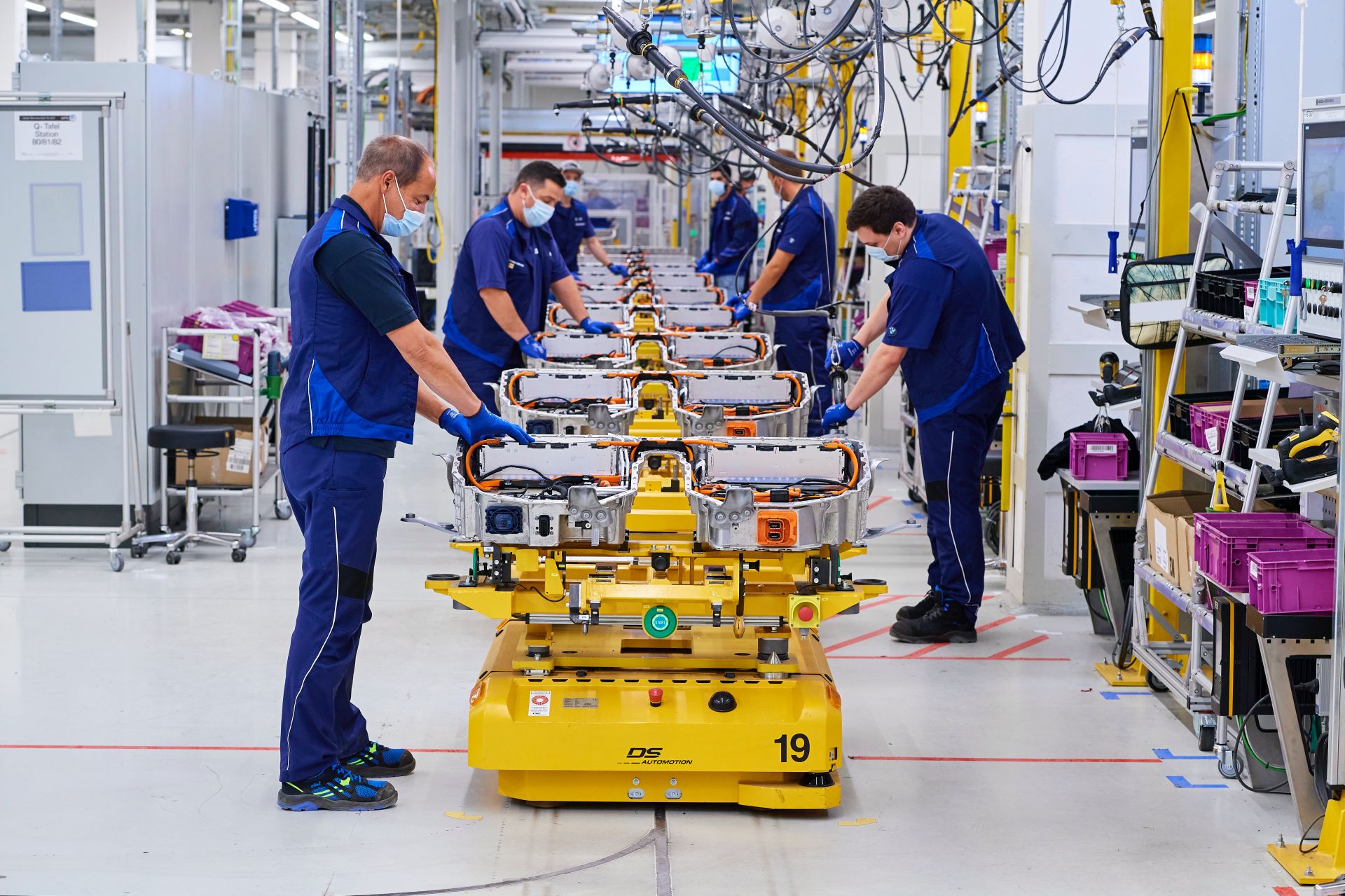
Over the next few years, the production area of the Competence Center for E-Drive Production will be expanded to ten times the original size – from 8,000 square meters in 2015 to 80,000. The number of employees will also increase to 2,000 people in the medium term.
The expansion of the Dingolfing plant will support BMW’s electrification offensive. By 2021, a quarter of BMW Group vehicles sold in Europe should have an electric drivetrain. That will expand to a third in 2025 and half in 2030. By 2023, the BMW Group will offer no fewer than 25 electrified models, around half of which will feature a pure electric drivetrain.
Currently, around ten percent of the vehicles produced in Dingolfing are electrified. With the launch of the BMW iNext electric SUV in 2021, the plant will be capable of building fully-electric vehicles, plug-in hybrids and models with a combustion engine on a single line. The next-gen BMW 7 Series will also be built in Dingolfing with petrol, diesel, plug-in hybrid and, for the first time, fully-electric variants.
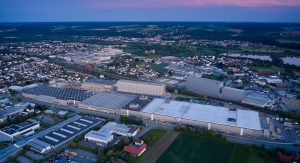
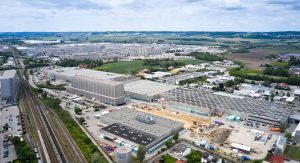
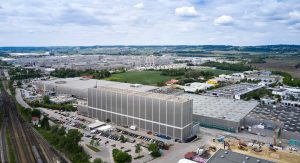
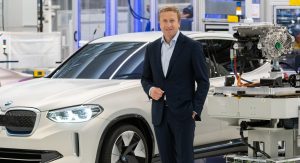
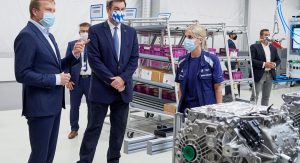
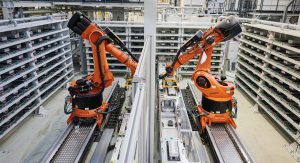
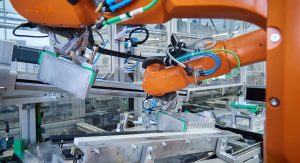
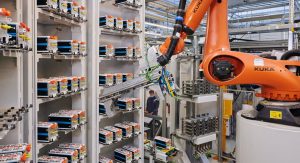
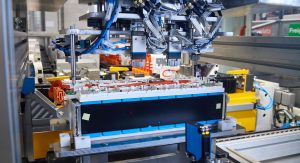
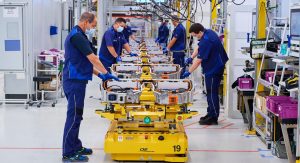
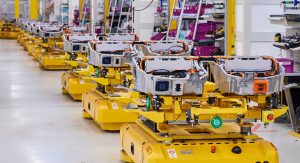
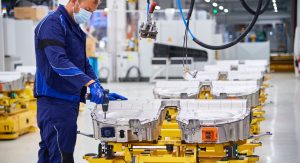
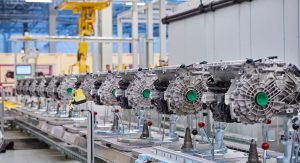
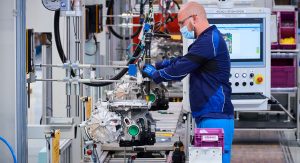
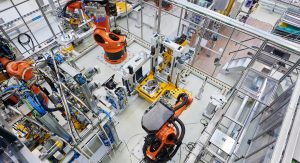
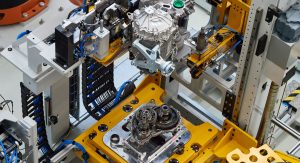
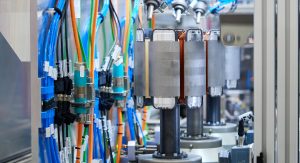
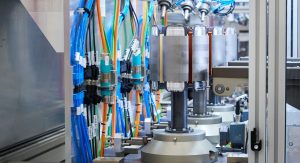
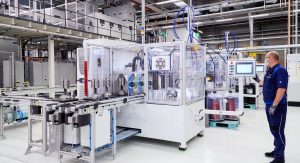
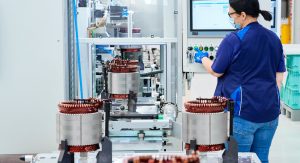
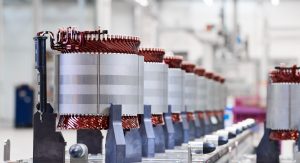
0 Response to "BMW Expanding Production Capacity In Dingolfing To 500,000 E-Drive Units By 2022"
Post a Comment